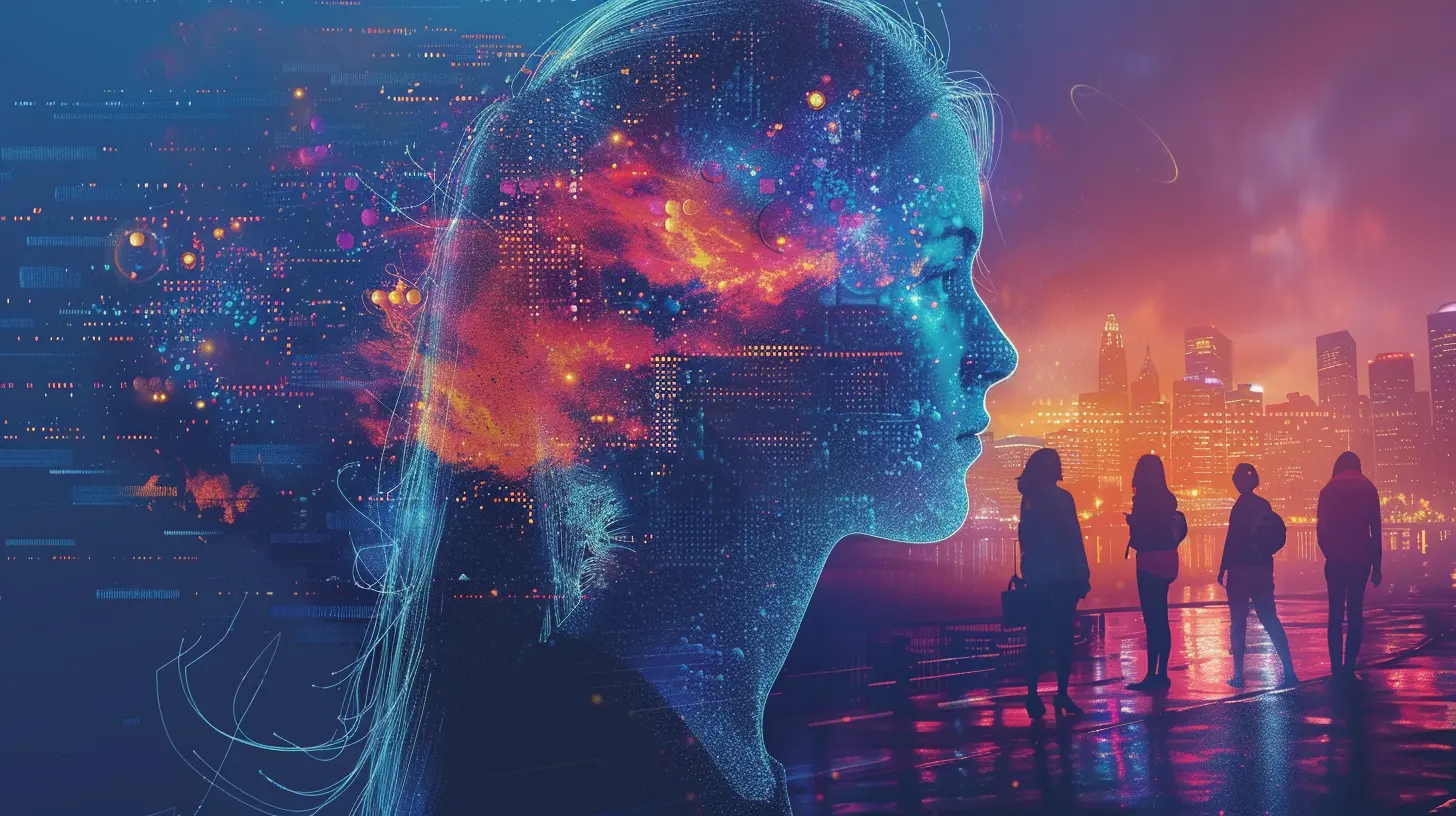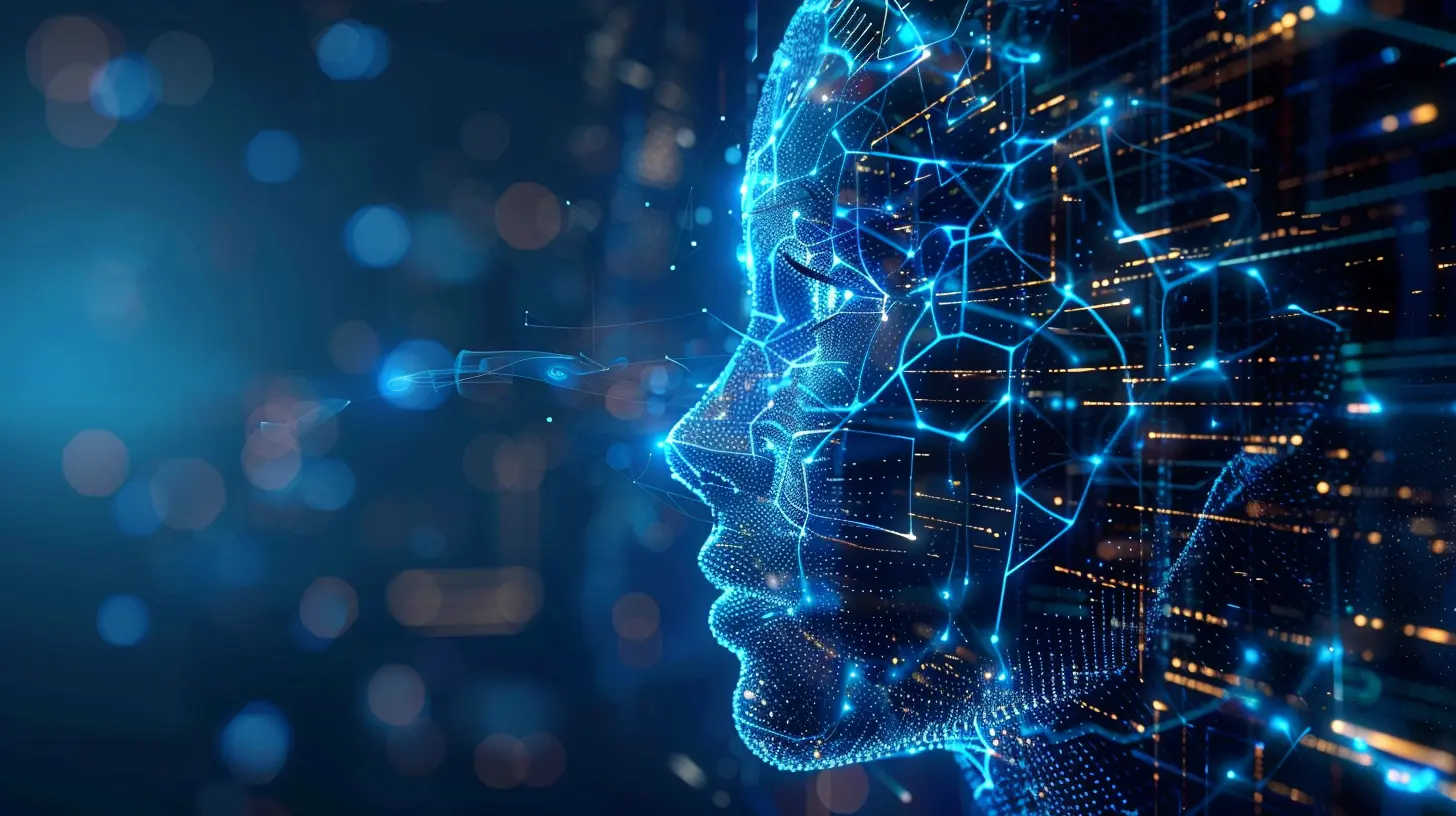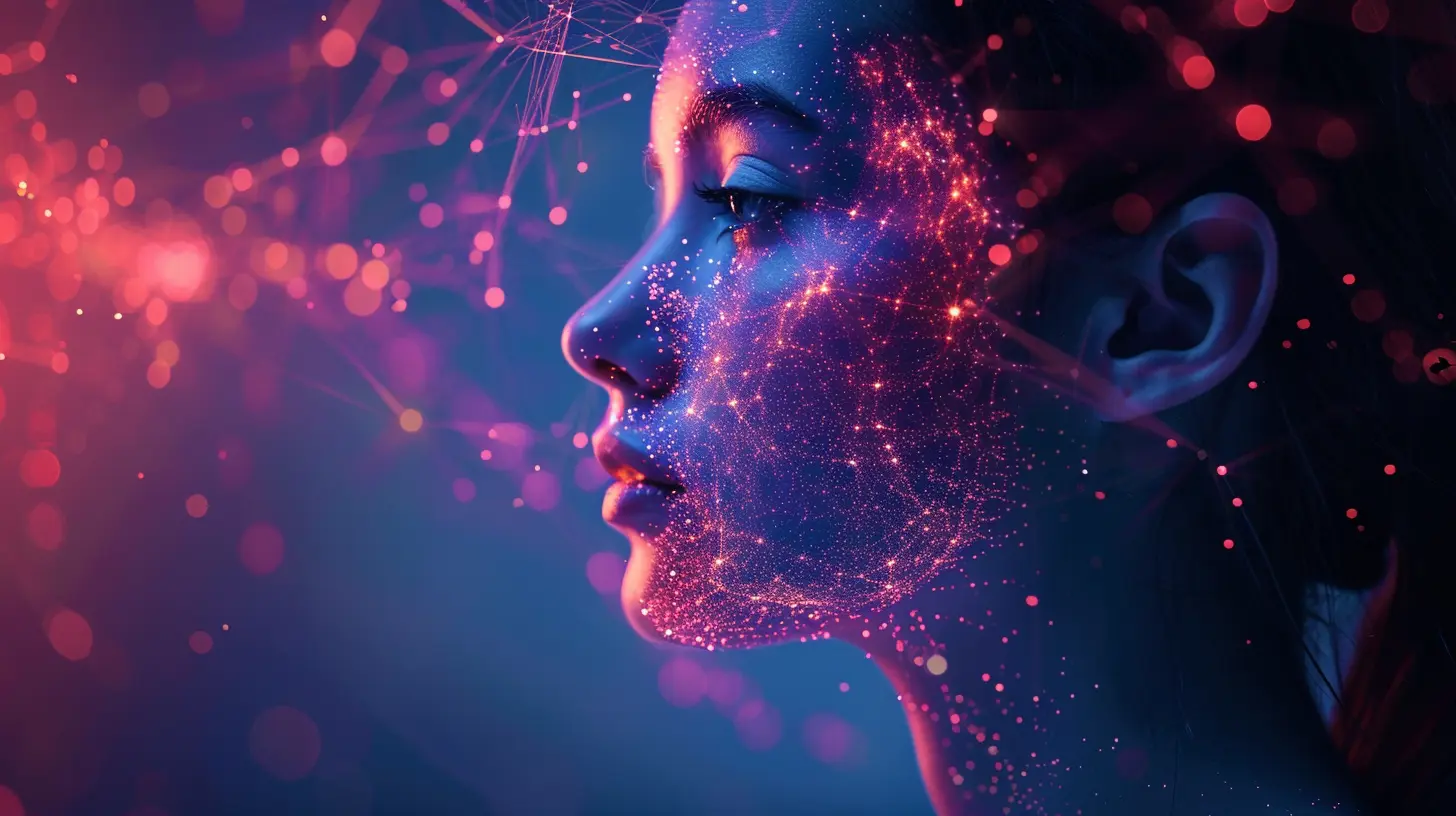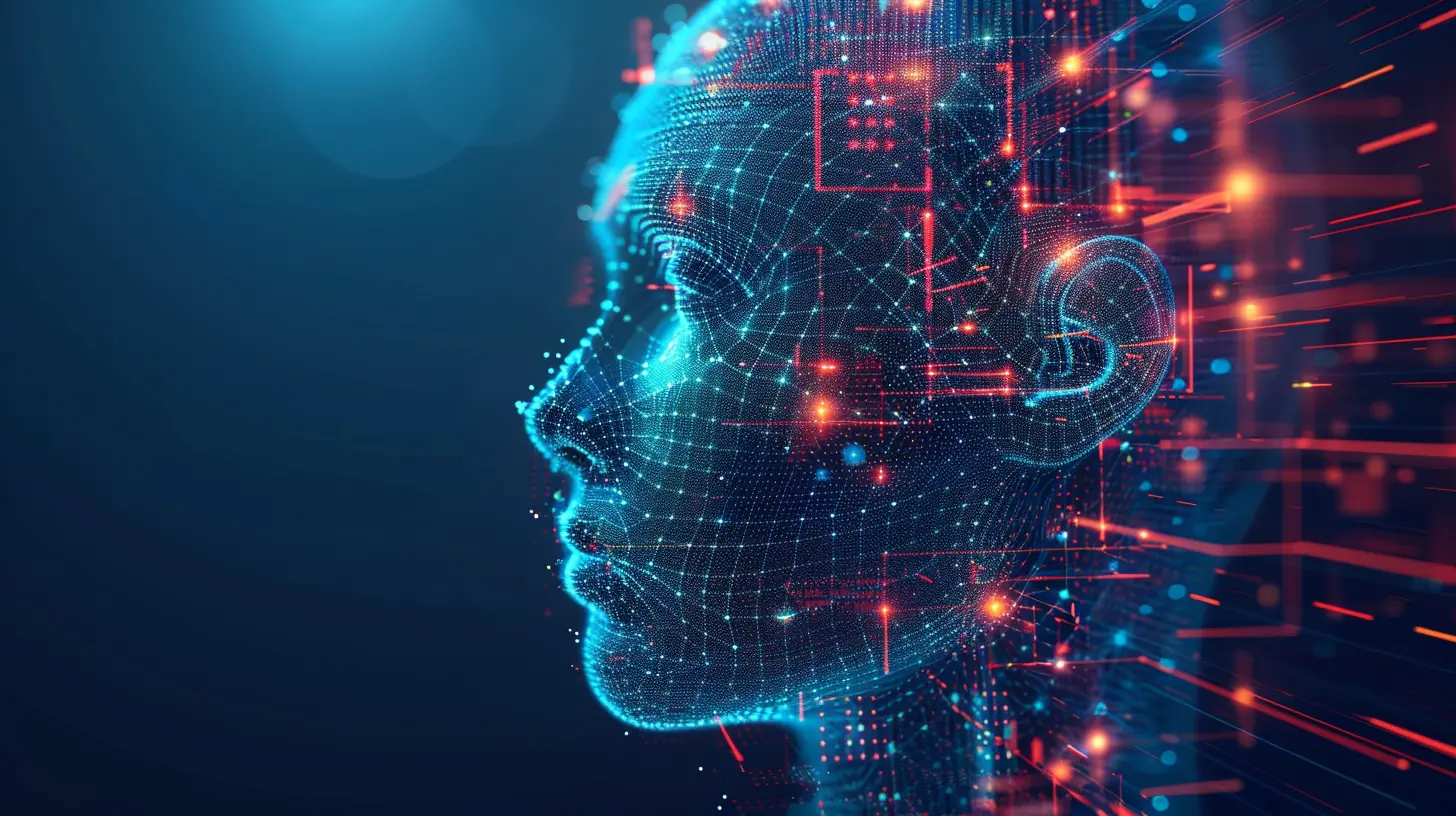Leveraging AI for Personalizing Customer Journeys
9 September 2025
Customer experience is no longer a one-size-fits-all approach. With the growing expectations of consumers, businesses must go the extra mile to offer personalized experiences. This is where Artificial Intelligence (AI) shines. AI has transformed the way businesses interact with customers, helping tailor experiences based on individual needs, preferences, and behaviors.
But how exactly does AI enhance personalization? And why is it a game-changer for businesses looking to improve customer journeys? Let’s dive deep into the incredible ways AI is revolutionizing customer interactions and engagement.

Understanding AI in Customer Personalization
AI-driven personalization refers to the use of machine learning, data analytics, and automation to deliver customized experiences to users. Instead of offering generic content or product recommendations, AI smartly analyzes customer actions and behaviors to provide relevant and timely interactions.Think of it as a virtual personal assistant that knows what you need before you even ask. Whether it's suggesting the next binge-worthy show on Netflix or recommending products on an e-commerce site, AI ensures that the experience feels tailored, seamless, and meaningful.

Why Personalization Matters in Customer Journeys
Today’s customers expect businesses to understand them. Personalized experiences make users feel valued, increasing engagement, retention, and loyalty. Here’s why personalization is crucial:- Increases Customer Engagement: Personalized content grabs attention and keeps customers engaged for longer.
- Enhances Customer Satisfaction: When users receive relevant recommendations, they feel understood, leading to higher satisfaction levels.
- Boosts Conversion Rates: When businesses offer tailored experiences, customers are more likely to make purchases.
- Encourages Brand Loyalty: Customers who experience personalized interactions tend to stay loyal to brands that ‘get them.’
With AI at the forefront, businesses can achieve all of the above seamlessly and efficiently.

The Role of AI in Personalizing Customer Journeys
AI works behind the scenes to create hyper-personalized customer experiences. Here’s how AI is transforming personalization:1. AI-Powered Chatbots for Real-Time Engagement
Ever had a chatbot assist you while browsing a website? AI-driven chatbots provide instant, personalized responses based on customer inquiries. These bots analyze user behavior and purchase history to offer relevant recommendations, resolving concerns in real time.For instance, if a customer frequently buys skincare products, an AI chatbot can recommend suitable items based on their past purchases and skin type. This not only improves user experience but also increases the chances of a sale.
2. Predictive Analytics to Anticipate Customer Needs
Wouldn’t it be amazing if businesses could predict what you need before you even think about it? AI-driven predictive analytics makes this possible.By analyzing browsing history, purchase patterns, and behavioral data, AI can forecast future customer needs. For example, an online clothing store can use AI to anticipate when a customer might need new running shoes based on past purchase frequency and browsing habits.
This type of foresight enables businesses to proactively suggest relevant products or services, making the customer feel understood and valued.
3. Hyper-Personalized Product Recommendations
AI-driven recommendation engines power platforms like Amazon and Netflix. These systems analyze vast amounts of data, offering spot-on recommendations based on user preferences.When you watch a movie on Netflix, AI tracks your viewing habits and suggests similar content. In the same way, an online retailer can recommend products based on a customer’s browsing history, boosting the chances of a purchase.
4. AI-Enhanced Email Marketing
Generic marketing emails no longer cut it. AI enables businesses to craft personalized emails that align with customer interests, behaviors, and past interactions.From personalized subject lines to tailored content, AI ensures that customers receive messages that truly resonate with them. This increases email open rates, engagement, and conversions.
For instance, if a customer frequently shops for hiking gear, an AI-driven email campaign might highlight exclusive discounts on hiking boots or recommend the latest outdoor gadgets.
5. Voice Assistants for Seamless Customer Interactions
Voice assistants like Alexa, Siri, and Google Assistant leverage AI to deliver personalized experiences. These assistants recognize voice patterns, understand preferences, and provide responses based on user history.Imagine asking Alexa for restaurant recommendations. Based on your previous queries and dining habits, it suggests places that align with your taste, saving you time and effort.
6. AI-Driven Sentiment Analysis to Improve Customer Experience
Understanding customer sentiment is crucial for businesses. AI-powered sentiment analysis helps brands gauge customer emotions from reviews, social media comments, and feedback.By analyzing these insights, businesses can identify pain points and enhance their offerings. If multiple customers express dissatisfaction with a product feature, AI can pinpoint this issue, allowing businesses to make data-driven improvements.
7. Dynamic Website Personalization
AI ensures that customers see content and product recommendations tailored to their preferences. Dynamic website personalization utilizes AI algorithms to adjust website layouts, banners, and product displays based on user interactions.For example, if a customer frequently shops for athletic wear, an AI-driven website will showcase sports apparel and related accessories right on the homepage, making the browsing experience more relevant.

Overcoming Challenges in AI-Driven Personalization
While AI does wonders in personalizing customer journeys, businesses need to address a few challenges:1. Data Privacy and Security
Customers are increasingly concerned about how their data is used. Businesses must ensure transparency and comply with data protection regulations like GDPR to build trust with customers.2. Avoiding Over-Personalization
Too much personalization can feel intrusive. Striking the right balance is crucial—customers appreciate relevant recommendations but don’t want to feel like they’re being watched 24/7.3. Implementing AI Effectively
Not all businesses have the resources or expertise to implement AI seamlessly. Companies should start small, analyze performance, and gradually scale their AI-driven personalization efforts.The Future of AI-Powered Personalization
The future of AI in customer personalization is promising. With advancements in AI technology, businesses will soon be able to offer even more intuitive customer experiences.1. AI-Generated Personalized Content
Soon, AI will craft content tailored to individual users, from blog articles to product descriptions, ensuring each piece speaks directly to the reader’s preferences.2. Augmented Reality (AR) and AI Integration
AI-powered AR experiences will allow customers to try products virtually before making purchases. Imagine testing a new pair of sunglasses or lipstick shade through an AI-driven AR filter!3. Smarter AI Chatbots with Emotional Intelligence
Future AI chatbots will not only provide answers but also recognize emotions. If a customer is frustrated, the chatbot will adjust its tone and responses accordingly, making interactions more human-like.
Final Thoughts
AI is revolutionizing the way businesses engage with customers, making personalization more impactful than ever. By leveraging AI-driven insights, businesses can create deeper connections, boost customer loyalty, and enhance overall satisfaction.If implemented effectively, AI-powered personalization can be the ultimate key to unlocking long-term customer relationships and business growth. So, are you ready to embrace AI and take your customer experience to the next level?
all images in this post were generated using AI tools
Category:
Digital MarketingAuthor:

Susanna Erickson
Discussion
rate this article
1 comments
Amira Velez
Great insights on using AI to enhance customer experiences! Personalization is key in today's market, and it's fascinating to see how technology can create meaningful connections. Looking forward to implementing these strategies and watching our customer journeys transform. Thanks for sharing this valuable knowledge!
September 18, 2025 at 2:37 AM

Susanna Erickson
Thank you for your kind words! I'm glad you found the insights valuable. Excited to see how you implement these strategies!


